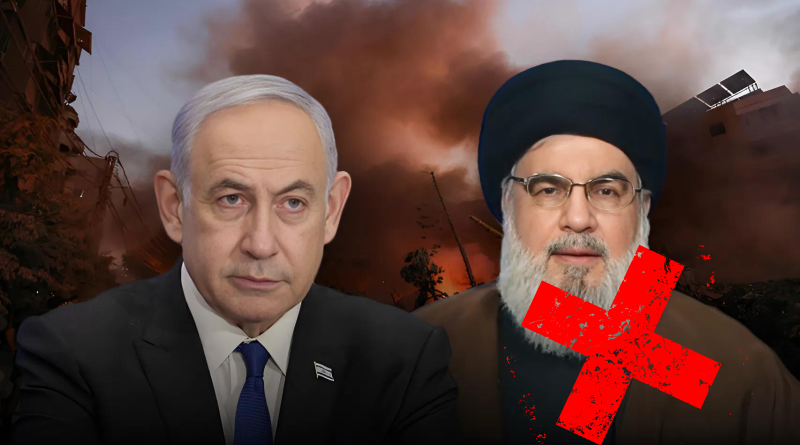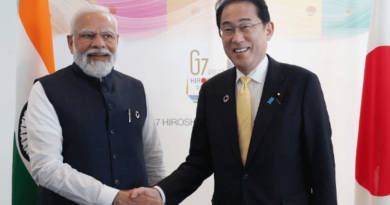The so-called Peaceful Community saddened on Hezbollah Leader’s riddance, and protested on Indian Grounds!
The assassination of Hezbollah leader Hassan Nasrallah in an Israeli airstrike in Lebanon has triggered widespread protests in Jammu and Kashmir, coinciding with the ongoing elections after a decade-long hiatus.
The assassination of Hezbollah leader Hassan Nasrallah in an Israeli airstrike in Lebanon has triggered widespread protests in Jammu and Kashmir, coinciding with the ongoing elections after a decade-long hiatus. Nasrallah’s death, confirmed on Saturday, led to demonstrations across the region, particularly in the Shia-majority districts of the Valley. Protesters took to the streets, carrying Nasrallah’s pictures and condemning Israel and the United States. This unrest prompted key political figures, including Mehbooba Mufti of the Peoples Democratic Party (PDP) and Omar Abdullah of the National Conference (NC), to suspend their election campaigns. Mufti, in a statement on X, expressed solidarity with the people of Lebanon and Palestine, calling off her campaign to honor those she termed as “martyrs,” including Nasrallah. Her daughter, Iltija Mufti, defended the protests and highlighted Nasrallah’s commitment to the Palestinian cause.
Abdullah also condemned Israel’s actions, calling for global intervention to end violence in Gaza and Lebanon. As elections proceed, these protests have underscored the region’s deep-rooted sympathies for Palestine, a sentiment long-held by the Kashmiri population, particularly among the Shia community. It comes against the backdrop of India’s evolving diplomatic ties with Israel, especially under the BJP-led government. The abrogation of Article 370 and the bifurcation of Jammu and Kashmir into union territories have left the region grappling with political uncertainties. The protests against Nasrallah’s killing further reveal the complex layers of Kashmiri politics, with local parties like the PDP and NC aiming to harness public discontent against the BJP, even as the ruling party accuses Mufti and others of playing vote-bank politics by sympathizing with Hezbollah.




